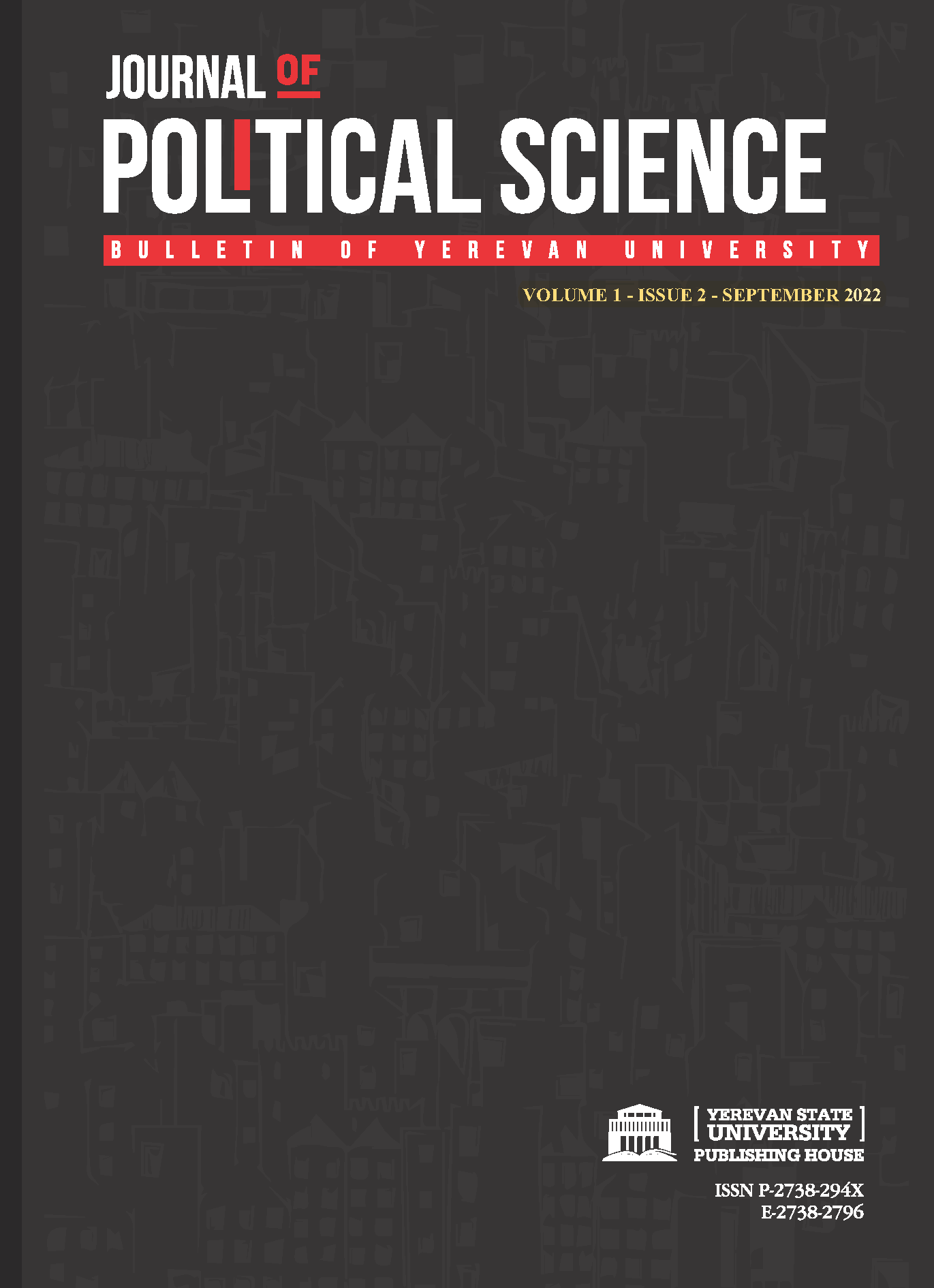How to Reconcile Equality with Freedom? On the Two Ways in Liberalism
DOI:
https://doi.org/10.46991/JOPS/2022.1.2.121Keywords:
freedom, equality, liberalism, value monism, value pluralism, social justice, tension, reconciliation, paradoxical nature of relationAbstract
The article examines the relationship between the two central political ideas and values, equality and freedom, and its implications within the theories of two liberal thinkers Isaiah Berlin and John Rawls. The current debate around basic income and COVID-19 around the world, alarmist predictions about the future of humanity, and possible other issues, both global and local, provide enough incentive to reconsider this issue. While making some general remarks on both theories, and especially highlighting the rival nature of the relationship of equality with freedom, the article uses the method of comparative analysis to explore how these liberal thinkers reconcile these two central political ideas in their own way. Two different ways of reconciliation, developed by Isaiah Berlin and John Rawls, show a discrepancy with the initial attitudes of the authors. And, finally, equality and freedom demonstrate paradoxical relationships, both contradictory and mutually supportive.
References
Berlin, Isaiah. 2002. “Introduction.” In Liberty, edited by Henry Hardy, 3-54. Oxford: Oxford University Press.
Berlin, Isaiah. 2002. “Political Ideas in the Twentieth Century.” In Liberty, edited by Henry Hardy, 55-93. Oxford: Oxford University Press.
Berlin, Isaiah. 2002. “Two Concepts of Liberty.” In Liberty, edited by Henry Hardy, 166-217. Oxford: Oxford University Press.
Berlin, Isaiah. 1979. “Equality.” In Concepts and Categories, edited by Henry Hardy, 81-102. New York: The Viking Press.
Cohen, Gerald. 2006. “Are Freedom and Equality Compatible?” In Contemporary Political Philosophy: An Anthology, edited by Robert E. Goodin and Philip Pettit, 416-423. Malden: Blackwell Publishing.
Jahanbegloo, Ramin. 2007. Conversations with Isaiah Berlin. London: Halban.
Mouffe, Chantal. 2000. The Democratic Paradox. London: Verso.
Pogge, Thomas. 2007. John Rawls: His Life and Theory of Justice. Translated by Michelle Kosch. Oxford: Oxford University Press.
Rawls, John. 2005. A Theory of Justice. Cambridge: The Belknap Press of Harvard University Press.
Rawls, John. 1996. Political Liberalism. New York: Columbia University Press.
Rawls, John. 1999. “Kantian Constructivism in Moral Theory.” In Collected Papers, edited by Samuel Freeman, 303-358. Cambridge: Harvard University Press.
Ryan, Alan. 2007. “Liberalism.” In A Companion to Contemporary Political Philosophy, edited by Robert E. Goodin, Philip Pettit and Thomas Pogge, 360-382. Malden: Blackwell Publishing.
Shklar, Judith N. 1989. “The Liberalism of Fear.” In Liberalism and the Moral Life, edited by Nancy L. Rosenblum, 21-38. Cambridge: Harvard University Press.
Downloads
Published
Issue
Section
License
Copyright (c) 2022 Naira Mkrtchyan

This work is licensed under a Creative Commons Attribution-NonCommercial 4.0 International License.



